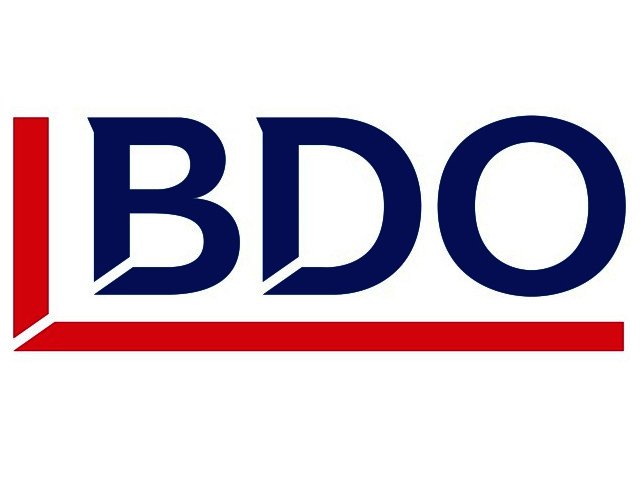By Kezia Talbot, Legal Adviser, BDO Wealth Advisers
With the rise in popularity of cryptocurrencies, and more particularly, Bitcoin, the question which isn’t immediately thought of by investors is: how do cryptocurrencies fit into your estate plan and have you accounted for them?
Whilst the Reserve Bank, in its Position Paper on cryptocurrencies, has determined that cryptocurrencies are not legal tender, this does not mean that the cryptocurrency which you own is not deemed to be an asset in your estate for all other purposes. Cryptocurrencies are, however, subject to the normal principles of income and capital gains tax, depending on the taxpayer’s intentions. Therefore, they will be treated as an asset in your estate for both executor’s fees and estate duty purposes, if your executor is even aware of the cryptocurrency which you own.
It would be tragic if, for instance, your entire estate comprised the ownership of several bitcoins, but your financial planner or attorney was not aware of this when assisting you with your estate planning and the drafting of your Will, and later on, when administering your estate, as this would result in your heirs receiving little to no inheritance, whilst your estate could be worth several hundreds of thousands of Rand.
Bearing in mind the anonymous nature of cryptocurrencies and the manner in which you hold ownership of the cryptocurrency, it would be virtually impossible for your executor to trace your holdings and properly account for them if they have not been brought to his or her attention. Furthermore, by not including your cryptocurrency in your estate plan, it will be likely that the liquidity calculations performed during estate planning will be inaccurate, thereby impacting on the estate administration process.
As the value of cryptocurrency, by its very nature, is volatile and not generally affected by the same events which affect traditional currencies, it will be difficult to calculate precisely what the effect on your estate will be, from a tax point of view. But this value should be assessed each time you meet with your financial planner, to determine the impact at that point.
So, how do you deal with cryptocurrency in your estate? In order to understand this, it is necessary to go back to basics and understand how cryptocurrency transactions, and in this case, bitcoin transactions, work:
Satoshi Nakamoto, the creator/s of bitcoin, defines bitcoin as “a chain of digital signatures. Each owner transfers to the next by digitally signing a hash of the previous transaction and the public key of the next owner and adding these to the end of the coin. A payee can verify the signatures to verify the chain of ownership.”
Unlike traditional currencies, bitcoins do not exist in a physical form. Most bitcoin owners have bitcoin wallets, which reflect the value of your bitcoins. In reality, however, the wallet contains the keys to your bitcoins.
As the keys are crucial for transferring ownership or spending your bitcoin, it is the keys which need to be protected and practically dealt with by your executor.
If a key is lost or no longer accessible, then, in essence, you will have lost your bitcoin. The challenge, therefore, is to make your executor aware of your ownership of bitcoin and to ensure that he or she has access to the keys.
Without delving into the technical aspects of this discussion, a few options would be to: make a backup copy of your wallet and store same on an external hard drive, which your executor will know how to access, or ensure that you have transcribed the access details for the wallet in a separate document, addressed to your executor. Both the backup and/or the document setting out your access details for your wallet will need to be stored in a secure place, only identified to your spouse, executor or other trusted person, as these details are tantamount to your internet banking login details.
Lastly, it may be necessary to review your current Will or have a new Will drafted, in order to ensure that you have nominated an executor who would be comfortable dealing with these types of assets, and to ensure that your wishes regarding these and other assets, are correctly reflected.





